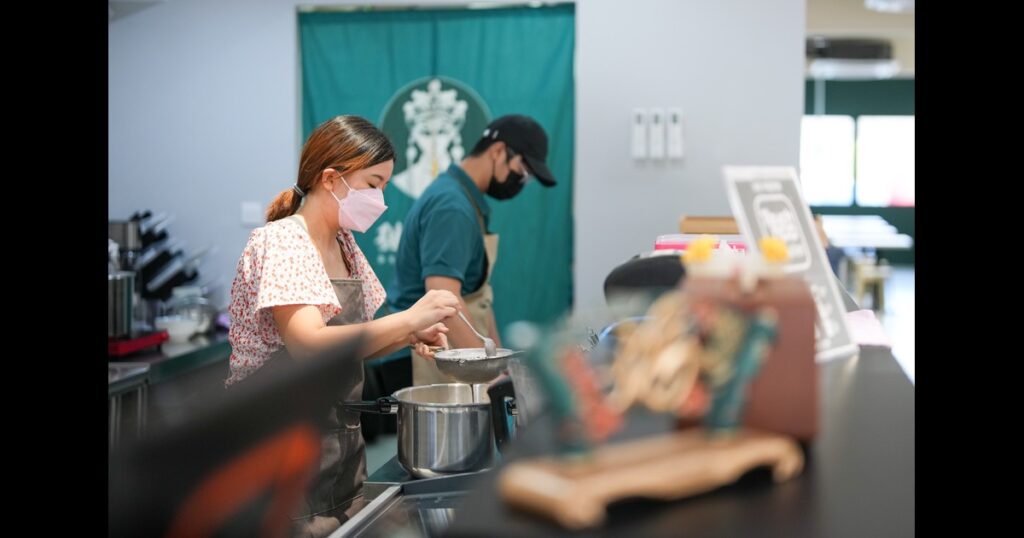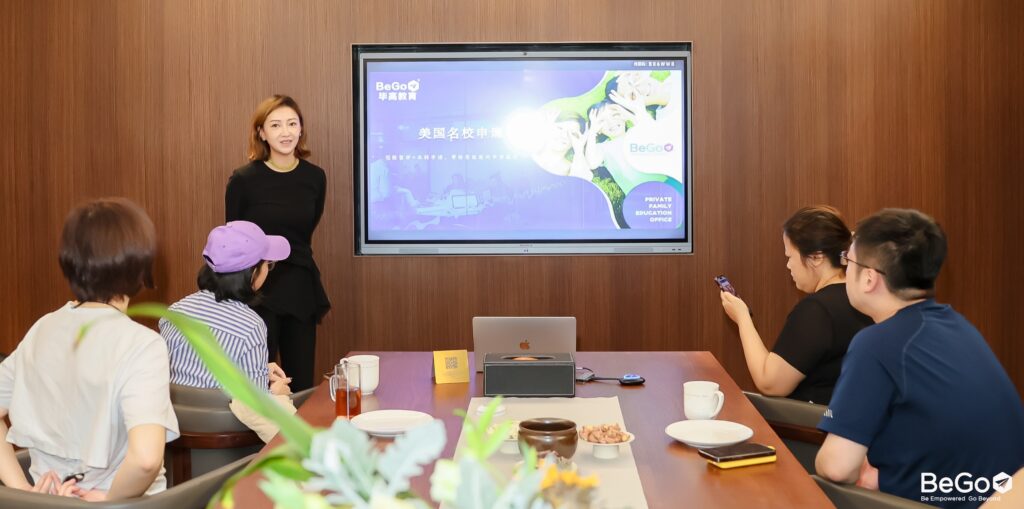On the 28th of May, in conjunction with Asian Strategy & Leadership Institute, World Chinese Economic Summit (WCES) and The Ministry of Foreign Affairs of China, China Going Global hosted the “China Going Global Roundtable Meeting”.
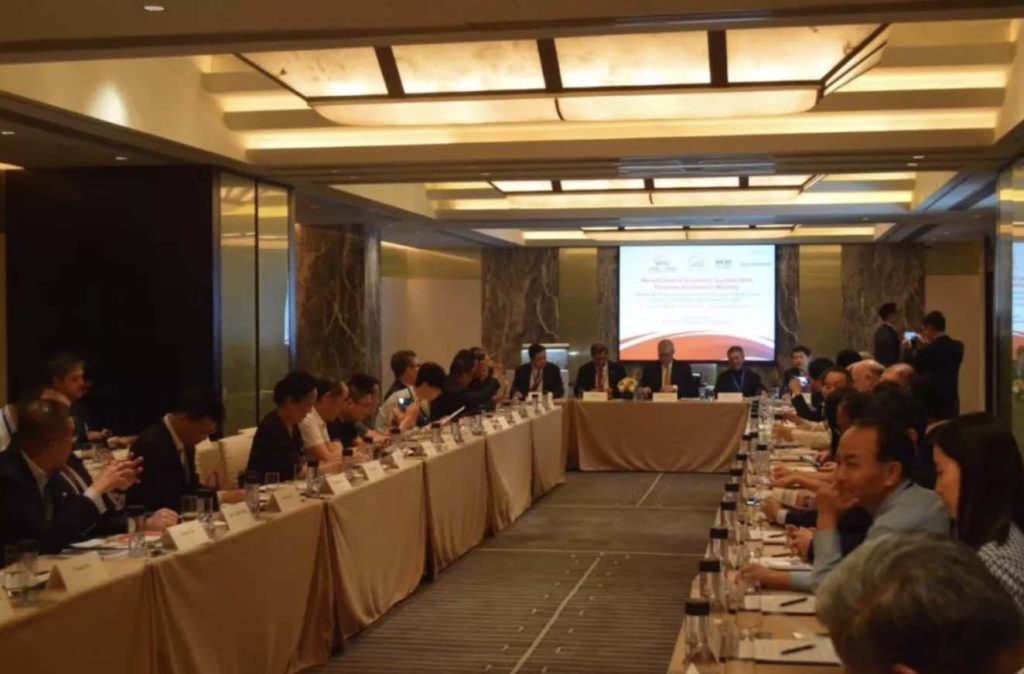
Prince Andrew (Duke of York), Tan Sri Michael Yeoh (Chairman at WCES), Tan Sri Lee Kim Yew (Renown Malaysian Property tycoon), Wang Huiyao (President of Center for China and Globalization), Clare Pearson (Former Chairwoman at the British Chamber and current Chairwoman at China Going Global), and Gaston Chee (President at China Going Global) were invited to speak.
The roundtable was attended by entrepreneurs, scholars and government officials from China, UK and ASEAN countries, and the discussion was focussed on the growing importance of the connection of China, UK, EU and ASEAN and to enlarge future cooperation of four regions under The Belt and Road Initiative.
Speaking at the event, the Queen’s second child, Prince Andrew, Duke of York, emphasised the need for maintaining the entrepreneurship spirit for the success of the forum.
“Don’t let politics get in the way of business.” Concluded by the Duke of York.
The Duke of York continued: “The people I see on this forum are here because they embrace the true qualities of entrepreneurship and are keen to play a part in building a better future for all, regardless of their nationalities. Entrepreneurship and education are playing, and will continue to play in the future of the UK and our interconnected economy.”
“I reflected on the recent royal wedding. It was a hit because it at least looked bicultural”, said Clare Pearson, International Development Director at DLA Piper and former Chairwoman at the British Chamber.
Clare’s comment was an instant hit among the audience and many resonated with her speech. She added: It comes down to whether you are willing to think globally irrespective of nationality. People who are bi-lingual, bi-cultural and have been abroad to the UK to study are Britain’s best ambassadors.“
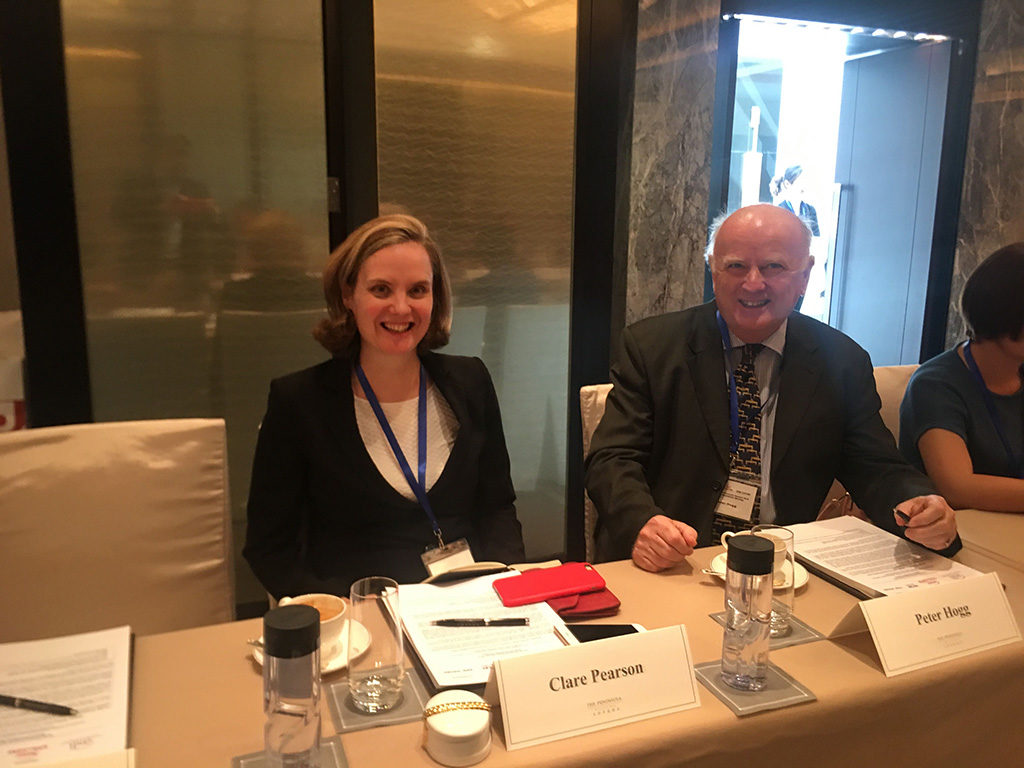
“The Belt and Road Initiative is a multi-decade initiative that will reshape China’s commercial engagement with the world and it has created many new opportunities for Sino-UK bilateral cooperation.” Said Gaston Chee, President of China Going Global and CEO of LC Venture.
But he also cautioned that such large scale and multi facade investments, naturally comes with its own challenges. His advice was that both the public and private sectors needs to work more closely together and deepen collaboration to address these challenges.
Gaston Chee also took the opportunity to discuss issues around studying abroad to the UK. The following is a session dedicated to Education:
“If the UK wants to continue attracting the leaders of tomorrow and to remain as a competitive destination for overseas students, the UK will need to work harder to attract the next generation of world leaders.” – Gaston Chee
He remarked on the value of the links that the UK has with many senior figures around the world because of the time they spent as students at UK universities and the good treatment that they have received. He highlighted that the UK has educated more heads of state and government than any other country in the world. Among 377 serving heads of state and heads of government, 58 attended universities and colleges in the UK. This places the UK just ahead of the United States (57) but far ahead of all other countries. France is in third place, with 33 world leaders, ahead of Russia (9) and Australia (8). He also pointed out that in the past, when many of these students-now turned-leaders were considering where to study, the competition between countries to attract them wasn’t anything like as fierce as it is now. He commented “If the UK wants to continue attracting the leaders of tomorrow and to remain as a competitive destination for overseas students, the UK will need to work harder to attract the next generation of world leaders.”
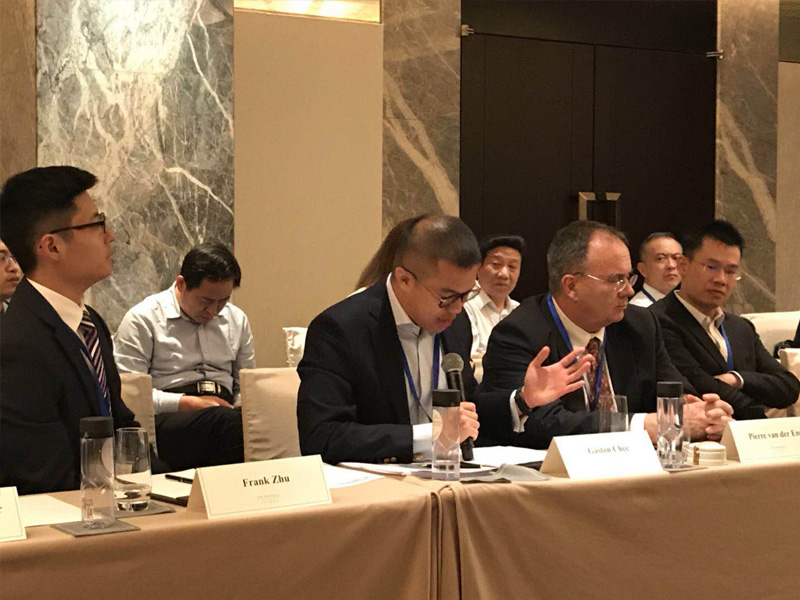
Mr Chee pointed out that during his time as a student in the UK, there was the 2 years post study work (PSW) visa, which has proved to be of immense value, but unfortunately, the UK Home Office has removed PSW in 2012. Mr Chee argues that by discontinuing the visa, the perception created of the UK’s attitude to international students was “Come here, pay your fee and clear off. You have no value to the wider economy.” To produce global citizens, the UK needs to provide a platform for that to happen, and where better than to enable international students to gain some valuable work experience in the UK before returning to their country, and thus, effectively allowing the leaders of tomorrow to interact and get to know the UK better.
He also pointed out that practitioners and HR have also long agreed that there’s a huge gap between graduates and employers and it will be a real shame to the UK education landscape if the UK government doesn’t address such vital issue as it will potentially lose out to countries such as the United States of America.
Mr Chee said that the UK government needs to recognise that hosting a student is more than just someone spending a few years studying at a UK institution, but it’s the start of a life-long relationship and hence, the UK needs to ensure that it is serious in making sure that international students continue to feel welcome and that their experience in the UK include work experience so they can act as a positive catalyst for Sino-UK relations. He also encourage institutions to conduct more people to people exchange and also set up scholarship programmes that reward talented and hardworking individuals. Such approach, he said, is a meaningful and constructive method of giving back to the society and a means of enhancing bilateral ties.
Mr Chee ended with saying that most of the major international projects that he is involved with, including the belt and road projects and the 30 billion-ringgit (USD $7.2 billion) Melaka Gateway Project, they are successful because they have a team of people who understand different cultures, bi-lingual and value diversity. These people often have been abroad to study and work and hence are fantastic ambassadors when they go back to their country and lead international projects. If they have had a positive experience of the UK, it is carried for years and generations, resulting in goodwill towards the UK in the future. He hopes the Government will think once again about his very modest suggestion.
Tan Sri Lee (a good friend of Robert Kuok, sugar King) also agrees with Mr Chee’s suggestion and calls him a good role model for bilateral relationships.


